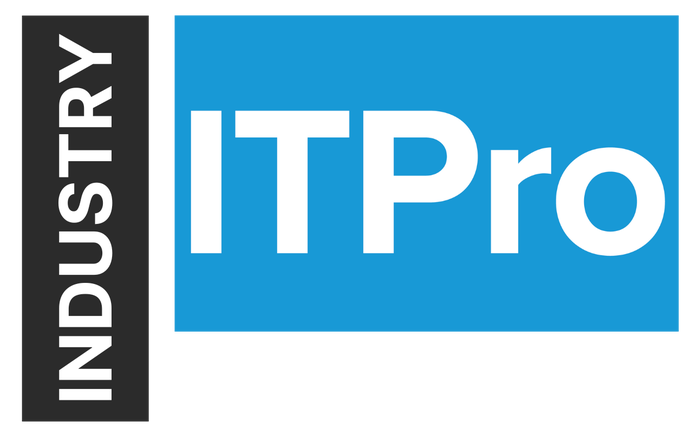
Insight and analysis on the information technology space from industry thought leaders.
A Roadmap for Ethical Data PoliciesA Roadmap for Ethical Data Policies
Every business is a data business, and ensuring that data is used properly and for good is a concern for them. Here are ways to help build data ethics.
September 12, 2023

What does it mean to be "good"? Aristotle said it is developing a virtuous character; Kant would argue that it depends on whether an act itself is "good"; while Nietzsche would have laughed at the idea that morality is "good" for people. One thing is clear, however: What it means to be "good" is no longer only within the realm of philosophers. The question of what it means to be good is also becoming central in the business world. Consider, for example, Google's famous motto, "Don't Be Evil."
For a company, being "good" comes down to more than just topline revenues, profitability, or growth. Increasingly, business ethics help an organization define what it means to be and do good. Corporate ethics can extend to every decision a company makes; increasingly, those decisions are based on data. This has led to the growing field of data ethics.
Data is used by companies to improve their products, provide better services to customers and, as a result, drive income. This means the new reality is that every business is a data business, and to stay competitive, innovate, and succeed, companies need ever more extensive sets of data. But with this vast amount of data comes great responsibility to use that data ethically.
Modern digital organizations can collect, store, and use data about customers, users, and employees more efficiently than at any other time in history. Thanks to advanced cloud databases able to manage petabytes (millions of gigabytes) of data, the information companies can store is also growing in complexity. Businesses now generate 2.5 quintillion bytes worth of data every day. Gone are the days of file cabinets and punch cards. With this much data being collected, extending corporate ethics to how companies use that data has become critical.
These three strategies provide a roadmap toward data ethics:
Improve the Lives of the People You Serve
Intentions are important, but so are the outcomes.
The first question any company needs to ask is what it wants to achieve with its data. Are they looking to improve the lives of their customers, or are they only interested in maximizing profits? While these often can go hand-in-hand because a business that enhances its customers' lives is much more likely to succeed than one that doesn't, the intentions behind how a business uses data are the first step to ethical data use.
In the field of ethics, consequentialism is the belief that an action is good depending on its outcome. For example, if a city passes a law to reduce the speed limit, and there are fewer accidents, this would be a morally good law. Its value does not come from the law itself but from the consequences of the law. This is a helpful framework while looking at the use of data. If the outcomes of the way a company uses customer data are good for the customer, it can reasonably be said that the use of that data is ethical.
Be Transparent With Data Policies
When companies collect and use data about their customers, they should treat it like it belongs to their customers. This means being explicit about what data the company collects and how it will (and will not) use that data. A clear data and privacy policy outlines exactly what ethical data use is required. Businesses can also go even further by baking permissions into their data policy. Explicitly asking customers for permission to use their data has the benefit of also enabling the company to build trust with that customer further.
Combat Bias
Like anything else, data is not free of the biases that plague the rest of society. Part of being human means we have biases, but it also means that we can actively work to combat them and correct them. This is no different when collecting data. Ethical data policies recognize these biases and seek to correct them wherever possible.
Unfortunately, data sets — even those created by AI and machine learning technologies — often include some sort of bias. Companies can take a number of steps to help combat bias in the data they use. This can include conducting checks on how a company collects data, inspecting it once it is collected, and employing third parties to verify that the data is bias-free.
The benefits of ethical data use are helping companies become increasingly successful and profitable. Ethical data policies now are also creating a better future. With the proliferation of generative AI for consumers and AIOps for enterprises, more and more AI-powered technologies are relying on massive amounts of data to learn and improve. To ensure ethical AI tomorrow, we need ethical data today.
About the Author
You May Also Like






.jpg?width=700&auto=webp&quality=80&disable=upscale)
